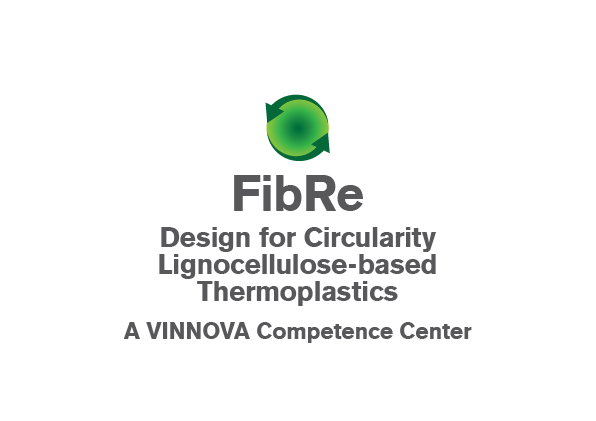Soft highly swelling fibres by alkali-activated chemical modification
To make cellulose fibres more flexible and malleable, components inside the fibre must be properly modified, that is, the lignin, hemicellulose or cellulose needs to be at least partly transformed into a proper derivative. Several cellulose derivatives are today produced through chemical reactions that involves formation of ether bonds. To reach sufficient efficiency, these reactions […]
Soft highly swelling fibres by alkali-activated chemical modification Läs mer »



